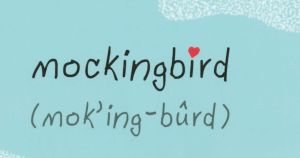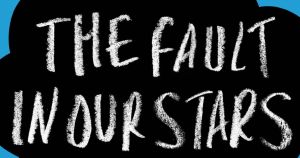
Review: Everything, Everything by Nicola Yoon
Everything, Everything starts out as a respectful, sensitive narrative with incredibly likable characters, but ends on a shockingly disappointing note in terms of disability representation.

Everything, Everything starts out as a respectful, sensitive narrative with incredibly likable characters, but ends on a shockingly disappointing note in terms of disability representation.

Wonderstruck is wonderful. It is, to date, the most creative and ambitious novel about the d/Deaf experience in America I’ve ever come across.

Romanticization is a common element of mental illness narratives, including many in the YA category; what kind of message does that send?

This book was awarded the National Book Award for Young People’s Literature, but as well intentioned as it might have been, it was clearly written by someone with almost no understanding of what Aspies are really like—it was written by and for a neurotypical audience.

After the first two books in Jackie Morse Kessler’s Riders of the Apocalypse series—Hunger, about a girl with anorexia, and Rage, about a girl with depression—were so positively reviewed on the blog, we were incredibly excited to invite the author over for a joint interview.

We have so few stories—especially lighthearted ones—with wheelchair-using characters that I’d hoped I’d be able to recommend I Funny, but it’s a dangerous narrative wrapped up and presented as “good messages.”

For all that there are moments when Rose’s voice is nuanced and shines, those nuances continuously pushed aside for a far more stereotypical narrative. This is not the story of an autistic character written for an inclusive audience; this is a story about an autistic character written for a neurotypical audience.

It’s a rare occurrence when an author can update an already published book, and even more rare when that update includes a huge overhaul of the portrayal of an autistic character. Alyssa Hillary takes a look at both the original and updated version in this review.

Despite their proclamations to the contrary—“don’t tell me you’re one of those people who becomes their disease”—the characters are shown to have nothing in their lives that isn’t about their cancer.

Insecure autistic boy meets thoughtful, magical adventure: The Real Boy is now my go-to recommendation when people ask for books with autistic protagonists.